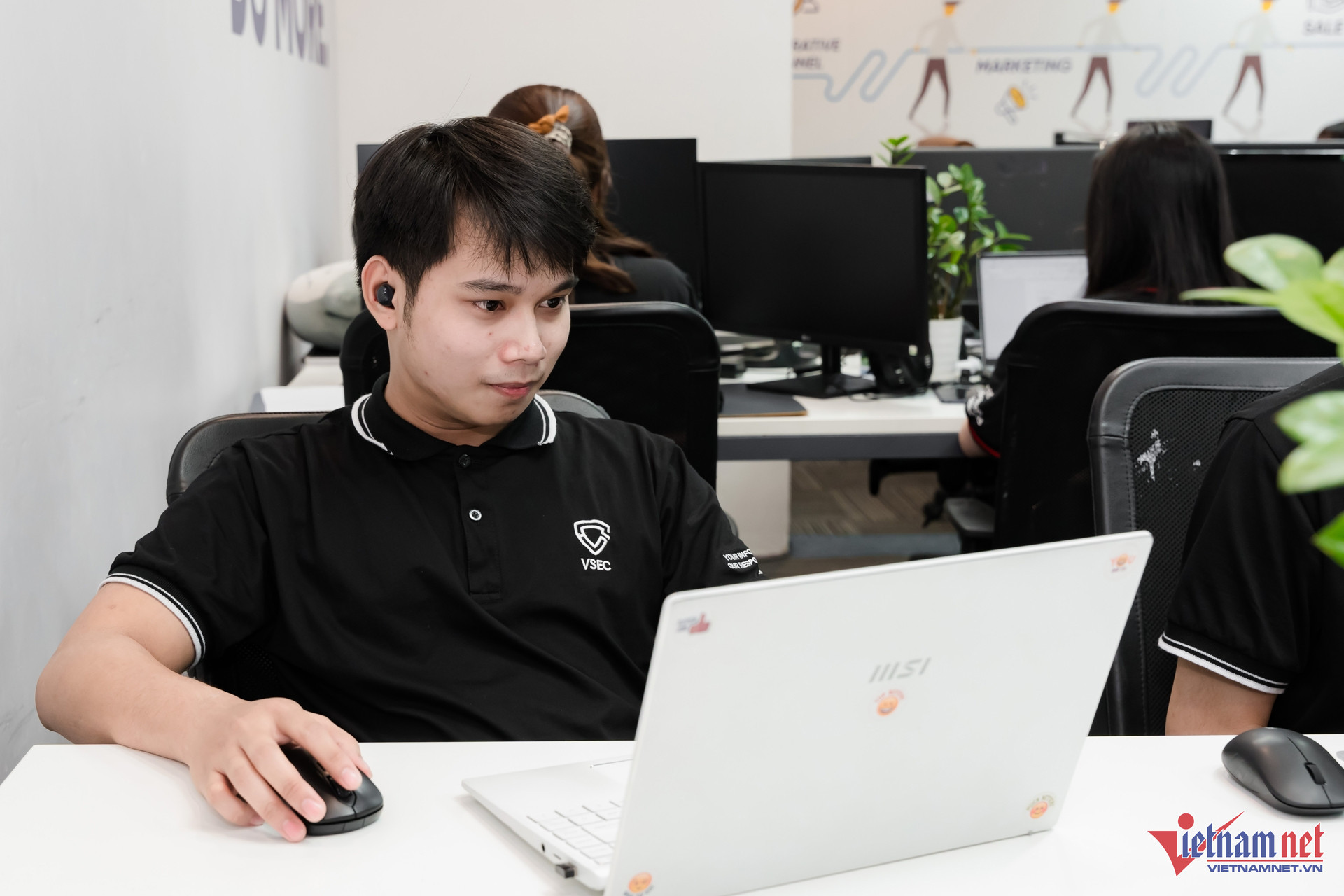
Cisco on May 8, 2025 released a report on cybersecurity readiness based on a survey of 8,000 private security and business leaders across 30 markets internationally, including Vietnam. Surveyors classified businesses into four readiness levels: Beginning, Forming, Progressive, and Mature.
Only 11 percent of surveyed Vietnamese enterprises reached the “Mature” level, a 5 percent improvement from 2024. However, Cisco experts note this increase is modest, and the readiness in cybersecurity remains low, especially when AI is posing complex challenges for security experts.
Cisco’s new research found that 60 percent of businesses globally said they suffered cyber attacks in the past year, while their ability to respond was hampered by complex security systems with inconsistent solutions.
Notably, AI is creating a revolution in the field of cybersecurity but also bringing a new wave of threats, with nine out of 10 surveyed businesses surveyed, or 87 percent of enterprises, encountering AI-related security incidents in the past year.
Only 55 percent of leaders believe their staff fully understand AI-related threats, and only 53 percent believe their teams know how adversaries exploit AI for sophisticated attacks. This awareness gap exposes organizations to significant risks.
As AI is changing businesses, the world is facing new kinds of risks on an unprecedented scale. This puts increasing pressure on infrastructure and security teams.
Organizations must urgently reassess their strategies now to avoid falling behind in the AI era, according to Jeetu Patel, Cisco’s Chief Product Officer.
Regarding the Vietnamese market, in addition to noting the low rate of 11 percent of surveyed businesses reaching the "Mature" level, Cisco's 2025 Cybersecurity Readiness Index report pointed out that the lack of cybersecurity readiness in Vietnam is reflected in the rate of 78 percent of survey participants predicting that their businesses will be disrupted due to cybersecurity incidents within the next 12 - 24 months.
The report also showed that GenAI tools are being widely adopted, with businesses in Vietnam reporting that 44 percent of their employees are using approved third-party GenAI tools; however, only 25 percent of employees have unrestricted access to public GenAI tools, and 40 percent of IT staff do not understand how employees interact with GenAI.
In hybrid work models, 90 percent of organizations face increased security risks when employees access the network from unmanaged devices, and this is exacerbated when employees use unapproved GenAI tools.
Though 99 percent of organizations plan to upgrade IT infrastructure, only 52 percent allocate more than 10 percent of their IT budget to cybersecurity, highlighting a critical need for comprehensive defense strategies.
Van Anh